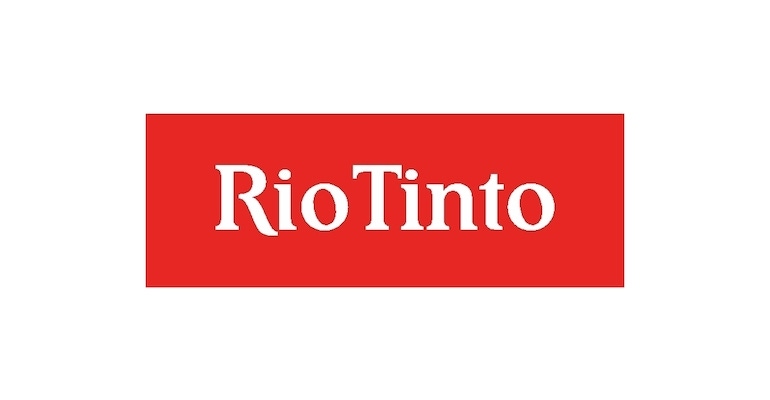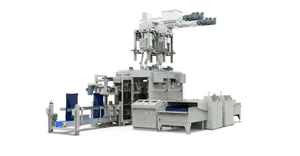The facility, located at the firm’s mine near Salt Lake City, will produce 20 tn/yr of the critical mineral.
March 8, 2021

Metals and minerals firm Rio Tinto said Monday it will construct new facility that will recover the mineral tellurium from copper smelting byproducts at its Kennecott mine near Salt Lake City, UT. The $2.9 million plant will be capable of producing 20 tn/yr of tellurium.
“Adding tellurium to our product portfolio provides customers in North America with a secure and reliable source of tellurium produced at the highest environmental and labor standards with renewable energy,” the managing director of the Kennecott mine, Gaby Poirier, said in a release. “Rio Tinto is committed to using innovation to reduce waste in our production process and extract as much value as possible from the material that we mine and process.”
Tellurium is used in cadmium telluride, a semiconductor that is used in the production of thin film photovoltaic (PV) solar panels. The mineral is also added to steel and copper to increase its machineability and included in lead to boost its resistance to sulfuric acid, vibration, and fatigue.
Rio Tinto’s Kennecott mine produces 20% of copper in the US. The company recovers gold, silver, lead carbonate, platinum, palladium, and selenium from its ore smelting process and molybdenum from its Copperton concentrator.
“With abundant natural resources, Utah is ideally positioned to help supply the critical minerals essential to maintain American manufacturing competitiveness. Rio Tinto’s smelter at Kennecott is one of only two that is capable of producing copper and other critical materials,” said Utah Gov. Spencer Cox in a statement. “The new tellurium plant is another valuable contribution to critical mineral independence and energy security in the US.”
Tellurium production is expected to begin at the site in the fourth quarter of this year.
The company has partnered with the US Department of Energy’s Critical Materials Institute (CMI) to find new ways of recovering critical mineral byproducts like rhenium, tellurium, and lithium.
About the Author(s)
You May Also Like




